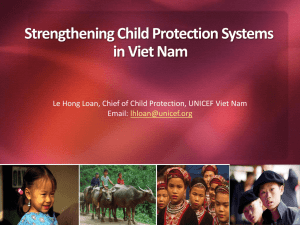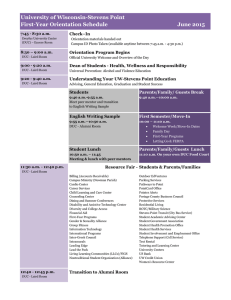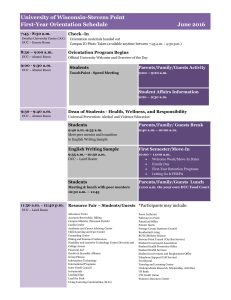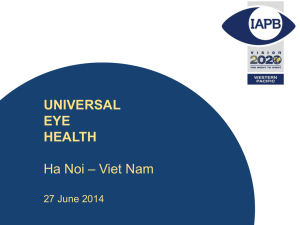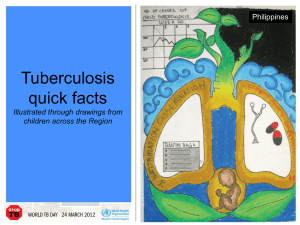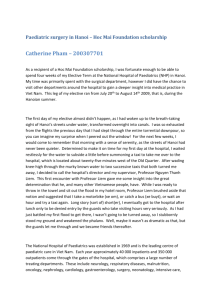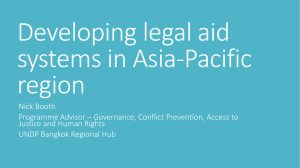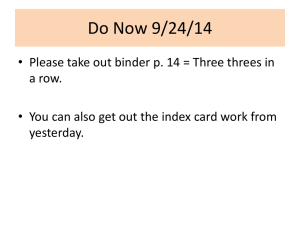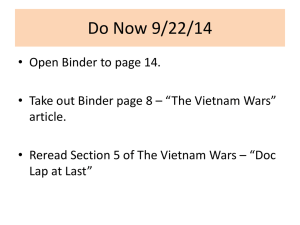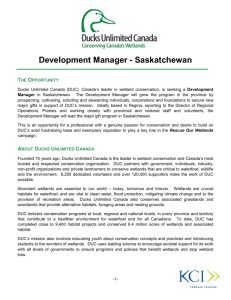Hoc Mai placement report - The University of Sydney
advertisement
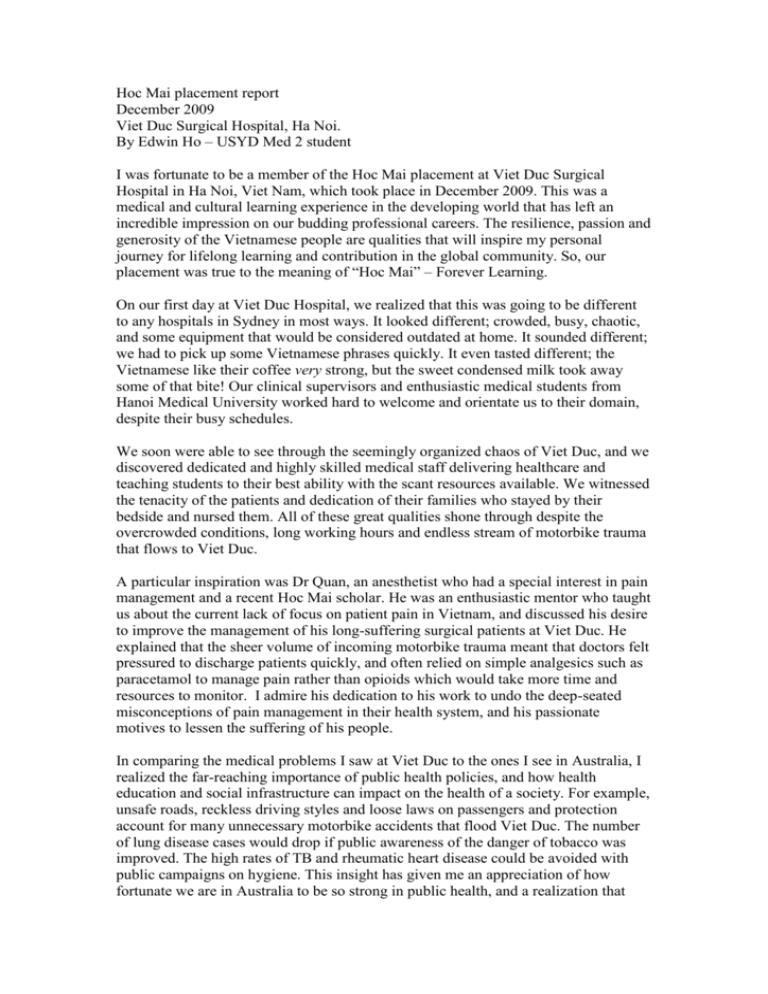
Hoc Mai placement report December 2009 Viet Duc Surgical Hospital, Ha Noi. By Edwin Ho – USYD Med 2 student I was fortunate to be a member of the Hoc Mai placement at Viet Duc Surgical Hospital in Ha Noi, Viet Nam, which took place in December 2009. This was a medical and cultural learning experience in the developing world that has left an incredible impression on our budding professional careers. The resilience, passion and generosity of the Vietnamese people are qualities that will inspire my personal journey for lifelong learning and contribution in the global community. So, our placement was true to the meaning of “Hoc Mai” – Forever Learning. On our first day at Viet Duc Hospital, we realized that this was going to be different to any hospitals in Sydney in most ways. It looked different; crowded, busy, chaotic, and some equipment that would be considered outdated at home. It sounded different; we had to pick up some Vietnamese phrases quickly. It even tasted different; the Vietnamese like their coffee very strong, but the sweet condensed milk took away some of that bite! Our clinical supervisors and enthusiastic medical students from Hanoi Medical University worked hard to welcome and orientate us to their domain, despite their busy schedules. We soon were able to see through the seemingly organized chaos of Viet Duc, and we discovered dedicated and highly skilled medical staff delivering healthcare and teaching students to their best ability with the scant resources available. We witnessed the tenacity of the patients and dedication of their families who stayed by their bedside and nursed them. All of these great qualities shone through despite the overcrowded conditions, long working hours and endless stream of motorbike trauma that flows to Viet Duc. A particular inspiration was Dr Quan, an anesthetist who had a special interest in pain management and a recent Hoc Mai scholar. He was an enthusiastic mentor who taught us about the current lack of focus on patient pain in Vietnam, and discussed his desire to improve the management of his long-suffering surgical patients at Viet Duc. He explained that the sheer volume of incoming motorbike trauma meant that doctors felt pressured to discharge patients quickly, and often relied on simple analgesics such as paracetamol to manage pain rather than opioids which would take more time and resources to monitor. I admire his dedication to his work to undo the deep-seated misconceptions of pain management in their health system, and his passionate motives to lessen the suffering of his people. In comparing the medical problems I saw at Viet Duc to the ones I see in Australia, I realized the far-reaching importance of public health policies, and how health education and social infrastructure can impact on the health of a society. For example, unsafe roads, reckless driving styles and loose laws on passengers and protection account for many unnecessary motorbike accidents that flood Viet Duc. The number of lung disease cases would drop if public awareness of the danger of tobacco was improved. The high rates of TB and rheumatic heart disease could be avoided with public campaigns on hygiene. This insight has given me an appreciation of how fortunate we are in Australia to be so strong in public health, and a realization that improving public health in Vietnam is an important way of contributing to their healthcare system. By the end of our 4-week placement at Viet Duc, we felt that we had achieved a greater understanding of developing-world medicine and of the unique Vietnamese culture. We all left with warm memories of the doctors and students who took us under their wings both inside the hospital and out in the hustle and bustle of Hanoi. This incredible experience has shaped our professional and personal lives in many ways, and it has kindled my continuing interest in international health. Thank you to the Hoc Mai Foundation for this opportunity to discover this beautiful country.
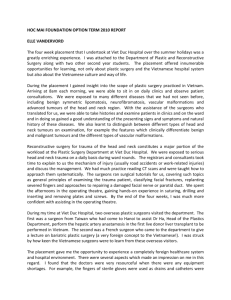
![vietnam[1].](http://s2.studylib.net/store/data/005329784_1-42b2e9fc4f7c73463c31fd4de82c4fa3-300x300.png)
